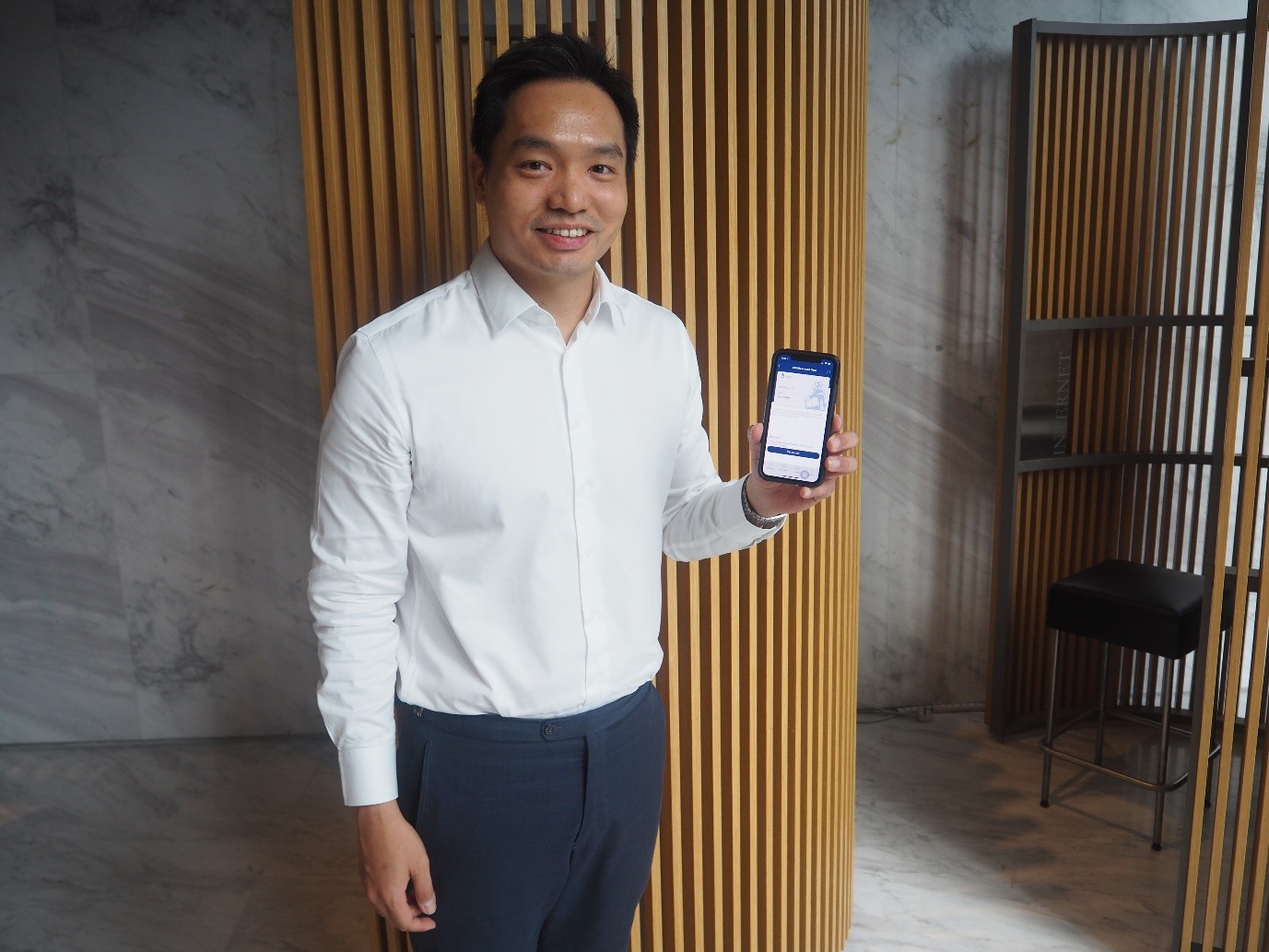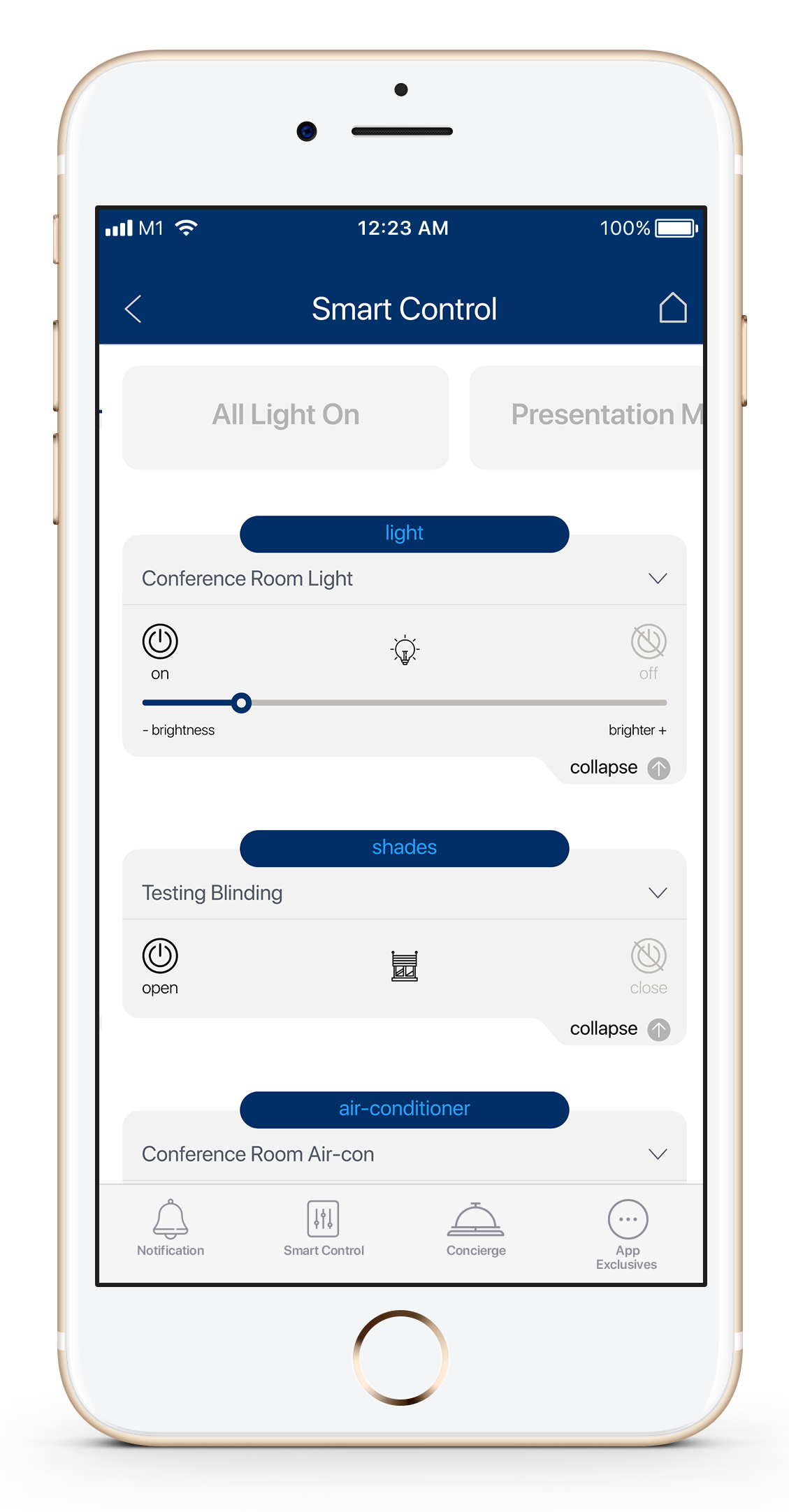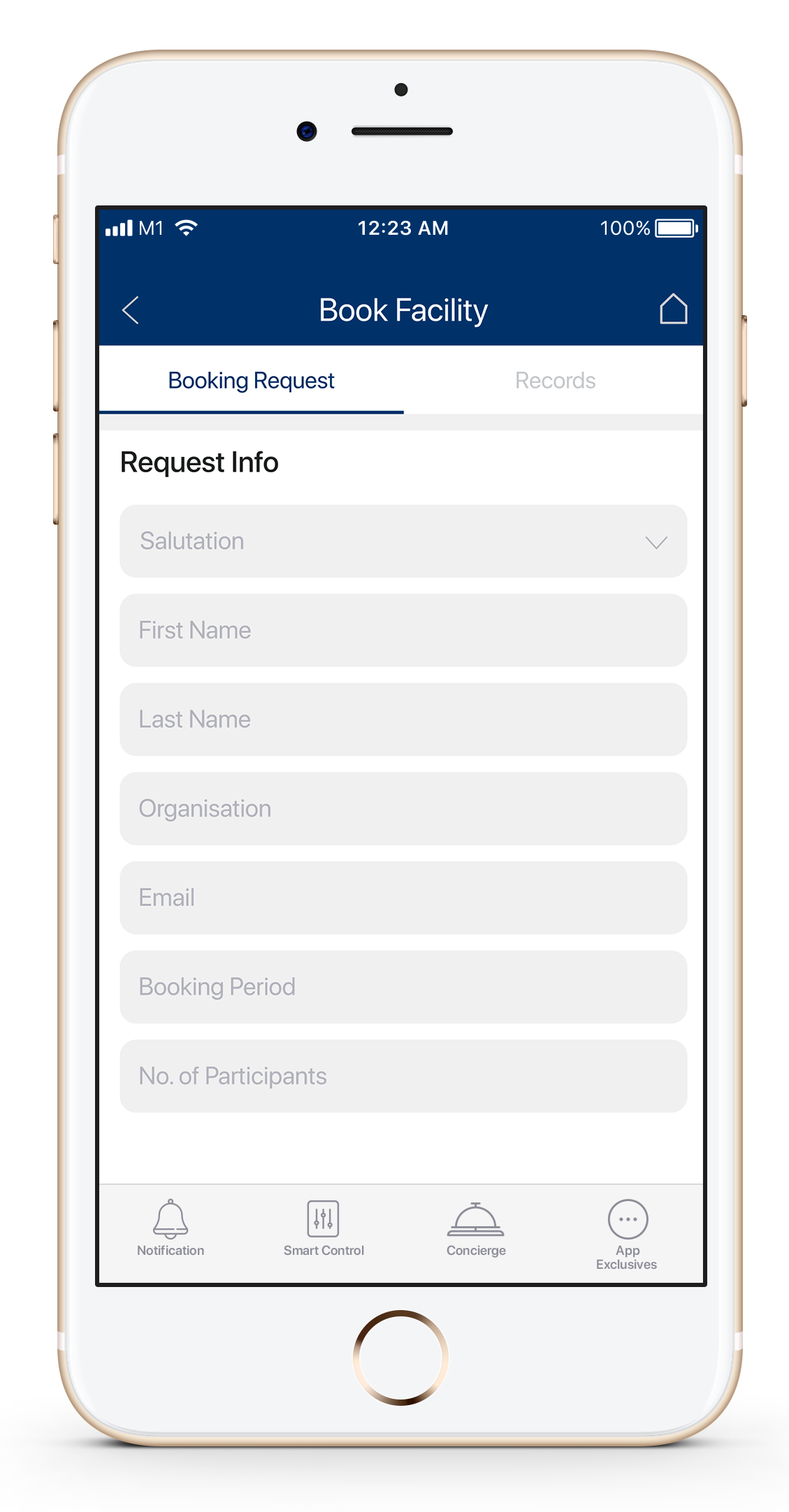Maxwell Chambers — The Intelligent Design by Habitap and Mr. Franklin Tang
Perry Peh Bing Xian
In April 2018, the Ministry of Law announced that Maxwell Chambers, the world’s first integrated dispute resolution complex, will soon also become the world’s first smart hearing facility upon adoption of smart technology. Habitap was the Company responsible for the successful development of an intelligent Smartphone Application to facilitate all-in-one access to services and facilities within Maxwell Chambers. Its application has now become a centrepiece of Maxwell Chamber’s efforts to become an integrated smart hearing facility. The Singapore Law Review (“SLR”) is privileged to share the insights of Mr. Franklin Tang, the Chief Executive Officer (“CEO”) and Founder of Habitap, who kindly invited its members to sit and speak with him.
Background about Habitap
Habitap is Asia’s first fully integrated software platform that combines smart controls, community management and lifestyle offerings into a single platform on one Smartphone Application. It harnesses the technology behind the Internet of Things (“IoT”) and aims to create better living, greater convenience and efficiency for commercial and residential and various spaces.
Mr Tang shared with the SLR that Habitap integrates Smart Technology and the IoT as it is developed and used elsewhere (such as in the US) back into the Singapore market. Owing to differing lifestyles and habits of consumers, Smart Technologies originating from elsewhere (such as Smart Home Devices) may not necessarily be directly suitable for use by Singaporean consumers.
There were three unique features about the Singapore market and its consumers that Mr Tang thought led to the birth of the idea which became what Habitap is today. First and foremost were the different lifestyle habits of the Singapore consumer. Singaporeans are keener to leverage technology to fix problems or improve the efficiency or productivity of their lifestyle. Singaporeans were concerned with a seamless user experience rather than with the specific brand of smart controls or IoT. Hence, Habitap moved in to fill the gap by aggregating all smart controls – from various reputable applications – into a single Smartphone Application.
The second and third reasons were that Singaporeans live in large communities, and that technology is meant to serve and facilitate Singaporeans’ lifestyles. Singaporean consumers are not picky about brands but adopt services that best facilitate their lifestyle and provide convenience. That is also why Habitap works with the best service providers in the market in seeking to provide the required services through its Smartphone Applications, which are designed to support Singaporeans’ lifestyle habits.
With that vision in mind, Habitap was first rolled out for commercial projects in the mixed residential-commercial development DUO, and subsequently in the commercial development Marina One. In those cases, the Smartphone Application integrated both retail and lifestyle options and experiences into one, allowing for centralised control using Habitap’s MySphere Application. This application served as the basis for the specialized Smartphone Application now used in Maxwell Chambers.
The Smart Maxwell Initiative
The philosophy at the heart of Habitap is to “marry” and “integrate” software and technology to the brick-and-mortar experience. Concordantly, Habitap’s strength lies in software customisation – a high degree of personalisation to allow the underlying software to suit the specific needs of its users. This strength provided it with the required expertise to customise its underlying technology to facilitate the underlying processes and specific service requirements of Maxwell Chambers as an arbitration destination. Among the variety of concerns addressed, Habitap’s capacity to customize its software allowed the company to answer to the paramount importance of security and privacy to Maxwell Chambers, as well as the desire of the latter’s users for the whole process to be as efficient and seamless as possible.
Smart Maxwell is also a unique first step for Habitap as it is the first project where the front- and back-end aspects of Maxwell Chamber’s operations are managed through software alone. The Smartphone Application is meant to integrate the entire user experience from start to finish – from the day the room is booked, throughout the use of the room, and until the user experience is complete.
The Smartphone Application controls everything.
Unique challenges of the Smart Maxwell Initiative
Mr Tang shared two challenges which his team faced with the Smart Maxwell project. The first was the technical difficulties posed by the legacy of a pre-existing complex. The challenge here lay in adapting and customising Habitap to an existing building and its present facilities, especially since the venue for Maxwell Chambers had been slated for conservation by the State. The next was the need for specific software customisation, with respect to the highly specialised operating procedures and workflows of Maxwell Chambers as an arbitral destination. There were many differences that required adaptation for, such as the processes of registration, billing and usage of facilities in Maxwell Chambers which differed from those atypical in other commercial transactions. The Application therefore had to be developed and applied in the specific environment unique to Maxwell Chambers.
More importantly, Mr Tang shared invaluable lessons which his team has acquired for this project. The Smart Maxwell initiative provided Habitap with an opportunity to explore the integration of new technology to existing infrastructure, along with customised workflows and operating procedures. While there was an initial learning curve, lessons learnt will allow Habitap to deploy the acquired knowledge on a wider scale in an analogous situation in the future should it arise. Habitap’s involvement in the Smart Maxwell initiative further strengthens its core expertise, which is that of software customisation.
Empathising with the human factor as the key to successful adoption of technology
Finally, Mr Tang emphasised the importance of empathising with the human user for any implementation of Smart Technology to be successful. The primary impediment to wholesale adoption of technology in our lifestyles is the fear of change by a user. To ensure smooth implementation, technology must empathise with its users. In particular, it ought to notify users in advance of changes they can expect and convince them that these changes will be an improvement or useful addition to their lifestyles.
Consistent with that philosophy is the importance which Habitap places on training staff or users of technology throughout all of its projects and collaborations. This ensures that all projects can be executed effectively, and that users can adopt the Smart Technology to improve their lifestyles or enhance their operating efficiencies. Technology is after all not only about hardware and code, but that of a relationship. To convince people that technology can improve their lifestyles, there is a need to first build confidence and establish a relationship with the human user. The technology can then be implemented in stages at a pace comfortable for the user. It is with this same philosophy that Habitap approaches the Smart Maxwell initiative, and which undergirds confidence that it will be a resounding success.
The Singapore Law Review would like to thank Mr. Franklin Tang and the staff of Habitap, who have warmly extended an invitation to our members Perry Peh and Darren Teoh to speak with them. It was an opportune moment for students to learn of the insights and intricacies underpinning designs for the next step in arbitral hearings.
For readers who would like to keep a local copy of this article, a PDF version of is also provided here.




